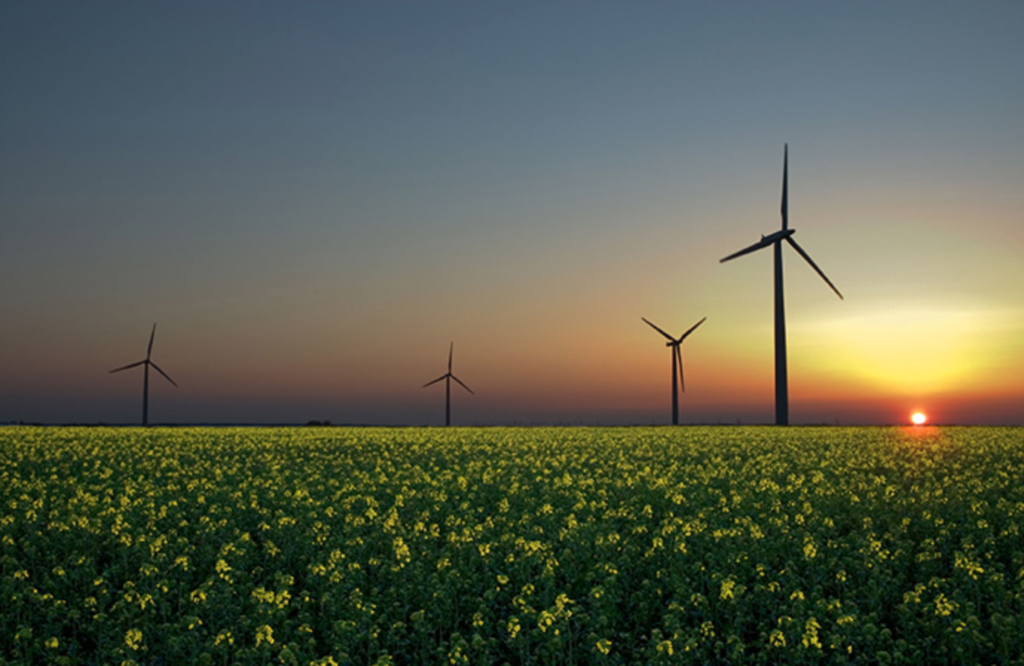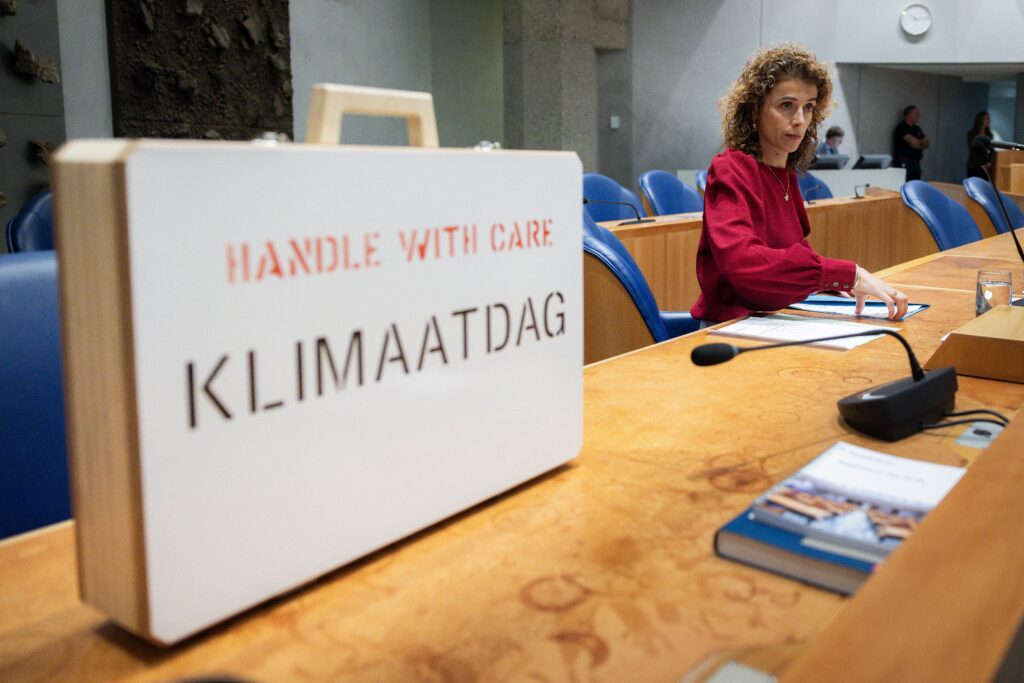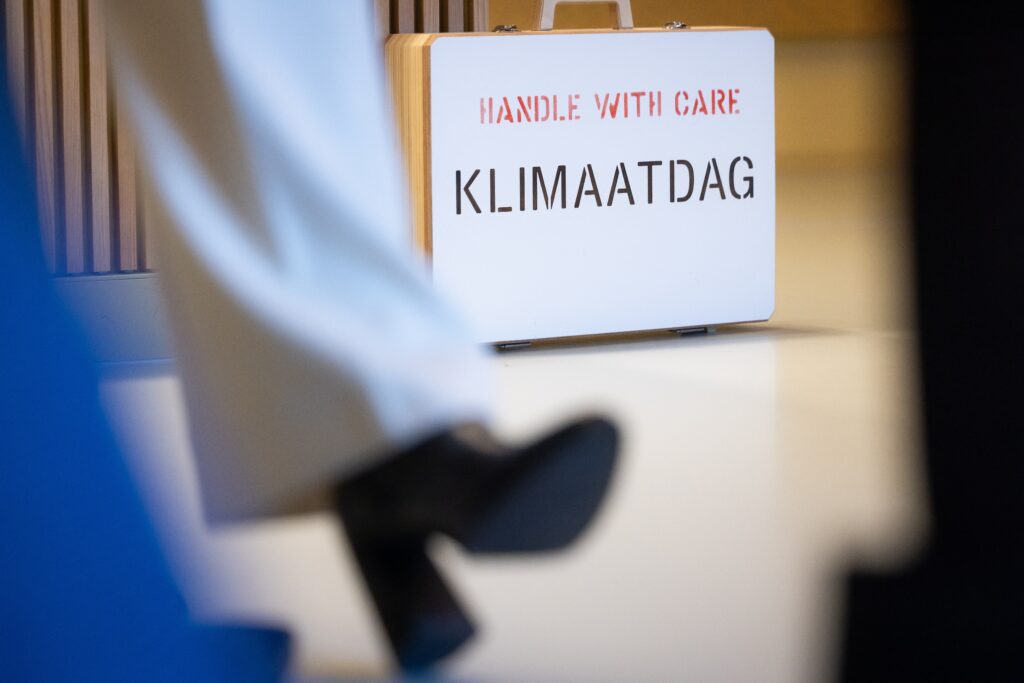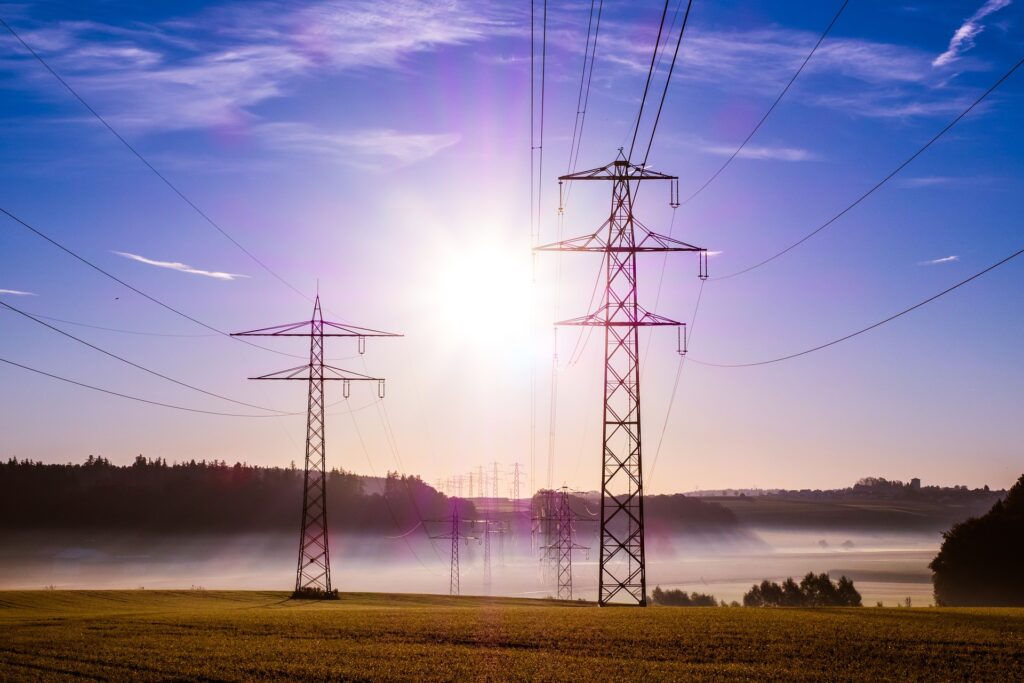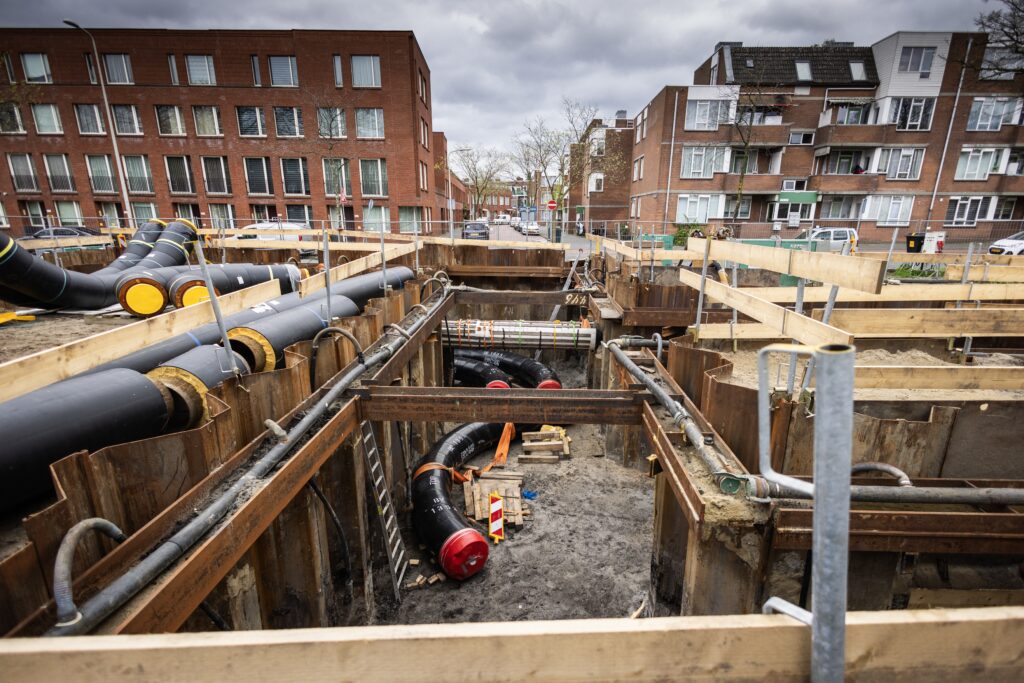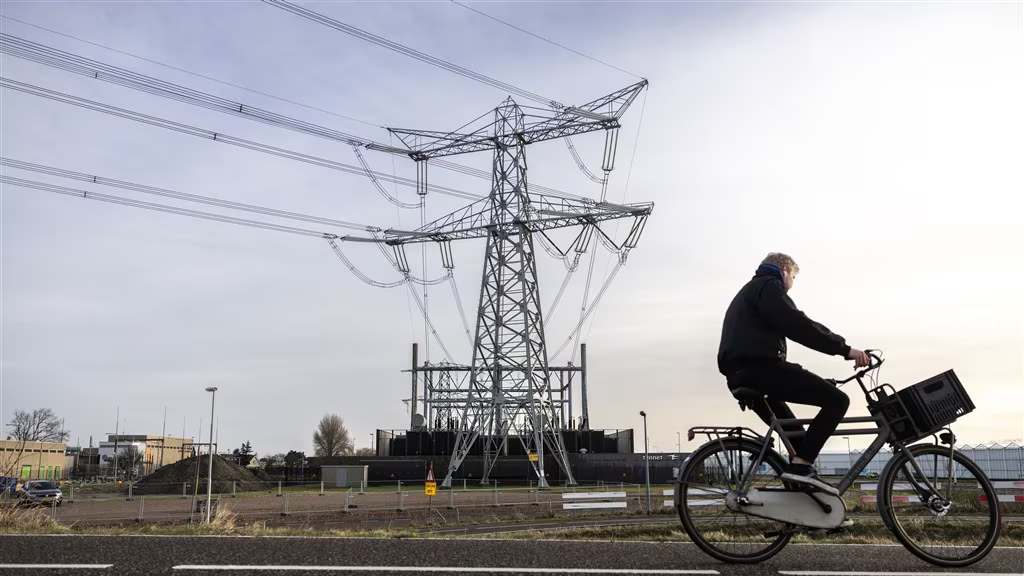The realization of the Delta Rhine Corridor will be postponed from 2028 to 2032, or even later. Minister Jetten informed the House of Representatives of this last Thursday. Energie-Nederland is disappointed that frontrunners in the energy transition cannot continue with their plans, because the corridor makes an important contribution to green growth and sustainability.
In the Delta Rhine Corridor, pipelines for hydrogen, CO2, ammonia and electricity are being laid between the west and east/north of the Netherlands and Germany. This delay means, among other things, that hydrogen producers and importers in the western ports of the Netherlands will find it impossible to reach industrial customers in, for example, the Limburg Chemelot cluster or the Ruhr area. This also slows down access to hydrogen storage facilities in the north of the Netherlands. These storages are necessary for the balanced (baseload) supply of hydrogen to customers.
At the same time, Energie-Nederland also sees the importance of integrated planning of infrastructure for hydrogen, CO2, ammonia and electricity. Where possible, the need to open the ground multiple times should be avoided and costs should be saved by combining the installation of different pipes and cables. If combining all pipes demonstrably leads to disruptive delays in part, it must also be possible to install a part separately. At the same time, laying a pipeline earlier may not lead to a delay in the other pipelines/cables. For example, the landfall of offshore wind should not be postponed for the rollout of hydrogen.
In the near future, Energie-Nederland wants to work on a solution in consultation with Gasunie and TenneT, among others. In any case, shorter lead times and faster permit procedures are necessary.

